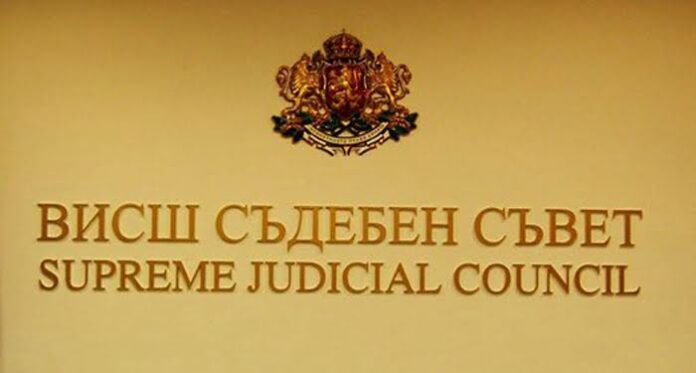
The members of the Supreme Judicial Council (SJC) with expired term of office will no longer be able to participate in the election of the Prosecutor General. This decision was taken by the MPs during the second reading of the amendments to the Judiciary Act, as the texts were adopted by a clear majority. In the general draft law on amendment and supplementation of the Judiciary Act, proposed by “We Continue the Change-Democratic Bulgaria”, “Revival” and “There is Such a People”, a restriction was initially proposed for the launch of a procedure for the election of the Prosecutor General by members of the SJC with an expired term of office.
At the committee stage, however, the “There is Such a People” proposed that these be dropped. Surprisingly, in the plenary the deputies decided to support the proposal of Petar Petrov and Tsveta Rangelova, adopting the restrictions for the SJC with 208 votes in favour. Only 29 MPs from the MRF-NN voted against. One of the controversial points in the discussions was the proposal of the “We Continue the Change-Democratic Bulgaria” to introduce a double majority in the election of the presidents of the supreme courts. According to the proposal, in addition to the requirement of 17 votes in the Plenum of the SCJ, a majority of members elected directly by the judges had to be ensured.
This text was rejected by MEPs with 174 votes in favour, 54 against and 1 abstention. During the debate, Atanas Slavov commented that the current composition of the SJC is “a body that violates the independence of the judiciary”. He added that the recommendations of the Venice Commission clearly underline that bodies that do not meet the standard of independence should be limited.
The MPs’ decisions indicate a desire to limit the powers of out-of-term members of the SJC. At the same time, dropping the double majority proposal remains a contentious issue that is likely to continue to be debated in the future. These changes reflect Parliament’s attempt to balance judicial reforms with preserving institutional stability.






